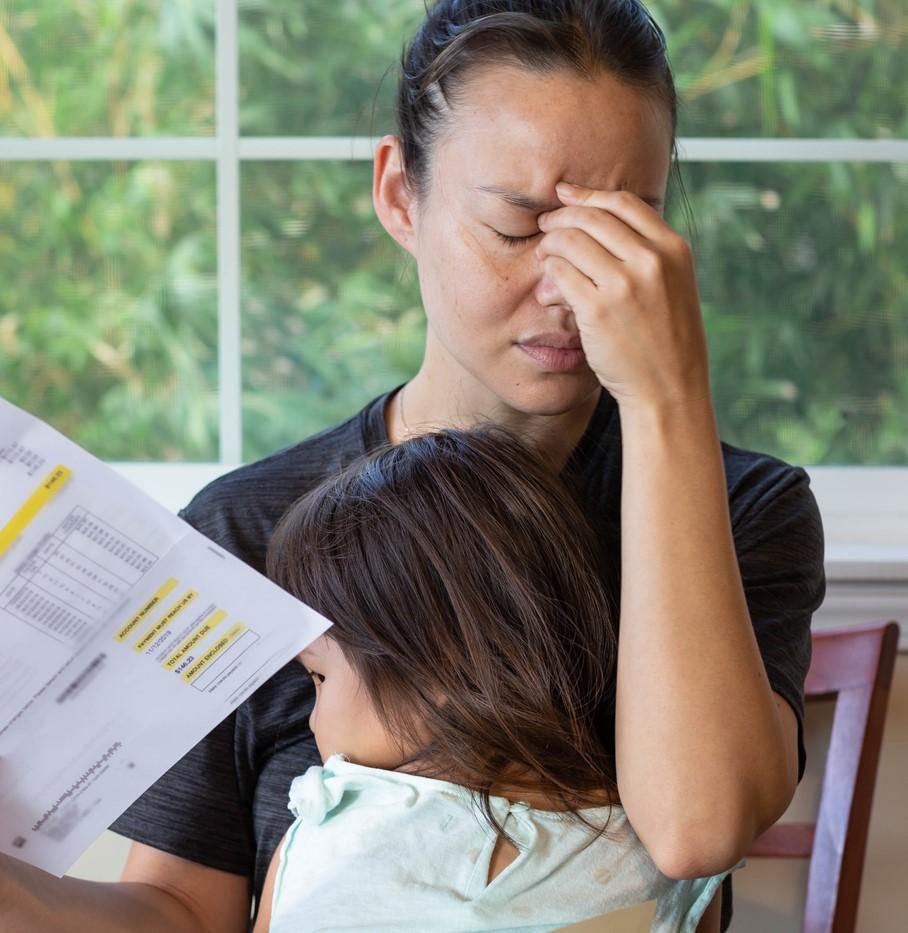The impact of COVID measures on work-life balance varied across different groups in European nations, according to an analysis released today by the European Centre for Disease Prevention and Control (ECDC) and the European Foundation for the Improvement of Living and Working Conditions (Eurofound).
The groups looked at the impact of selected nonpharmaceutical interventions in 27 member states between March 2020 and May 2022. Among the findings, households with young children suffered more from stay-at-home measures and school closures and benefitted less than other groups from teleworking situations.
On the other hand, people younger than 35, households without children, rural residents, and those living in northern European countries reported positive impacts from telecommuting.
Overall, telecommuting and school closures reduced the work pressures on personal and family life by decreasing working time and fatigue from work. However, stay-at-home measures and telecommuting increased adult worries about work during nonwork time and sometimes reduced concentration and dedicated working time due to juggling family responsibilities.
The groups made several recommendations based on the findings, including the need for more research on the impact of pandemic measures and to consider ways to reduce the negative impact for come measures on certain groups.















